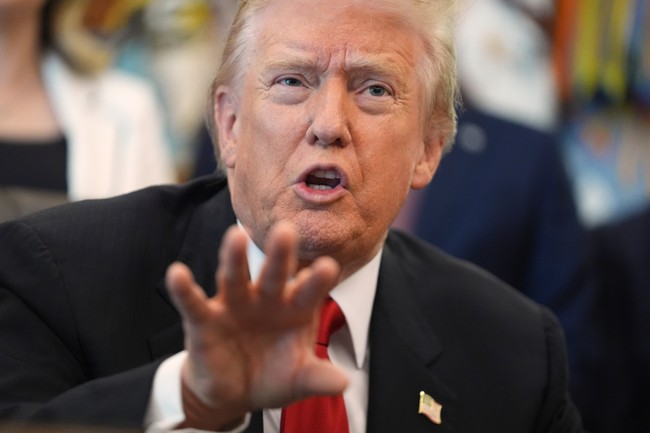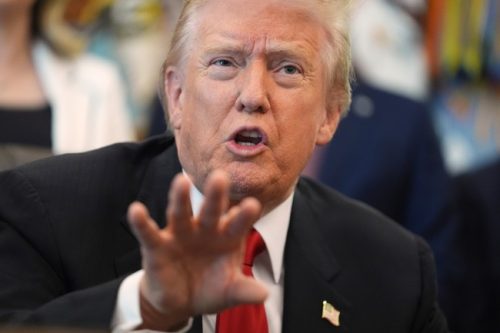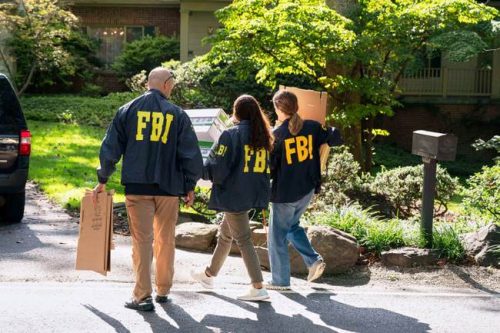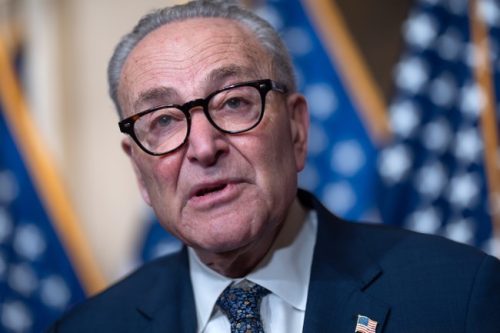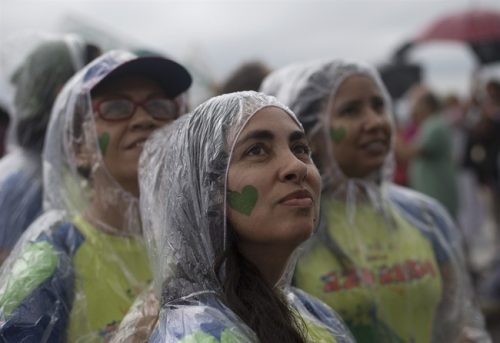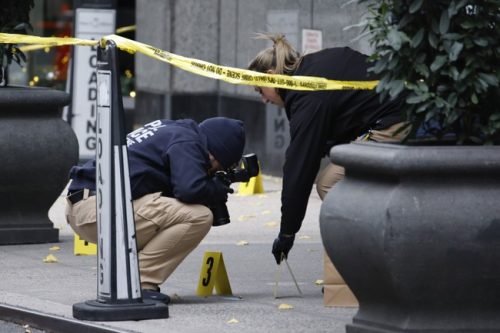The BBC admitted to airing a deceptively edited January 6 segment about President Trump, apologized, and saw senior staff resign amid threats of a major lawsuit.
The BBC’s recent apology to President Donald J. Trump followed revelations that a segment of his January 6 remarks was edited in a way that suggested he called for violent action. Two top executives were forced to resign over the episode, and the president’s team has signaled it may pursue legal action. That response fits a straightforward view: when a major public broadcaster tampers with a record, accountability should follow.
The controversial sequence came from a documentary titled “Trump: A Second Chance?” which first aired in Britain in October 2024. Footage was spliced so that separate portions of a speech appeared to form a continuous call to violence near the Capitol. That kind of editing undercuts trust and invites questions about editorial controls at a publicly funded broadcaster.
Internal and public pressure pushed the BBC to apologize while it also insisted there was no basis for a defamation claim. The corporation said it would not rebroadcast the documentary on its platforms, yet refused to pay compensation. For many conservatives, an apology without consequence reads as an attempt to minimize responsibility instead of fixing the harm.
On the legal front, the president’s lawyer demanded an apology, a retraction and damages that would “appropriately compensate President Trump for the harm caused.” A threatened suit of up to $1 billion was part of that notice, which underlines how seriously the administration views manipulated coverage. Republicans who distrust the media see a lawsuit as both a remedy and a deterrent against future editorial malpractice.
Beyond money, the resignations of senior BBC staff show that sloppy editing can cost careers and erode institutional credibility. The BBC’s chair acknowledged the splicing and said it “did give the impression of a direct call for violent action,” which is an admission the corporation could not avoid. That admission validates critics who have long argued that legacy media routinely shape narratives rather than neutrally report facts.
The story also exposes the gap between admitting error and accepting consequences. A public broadcaster with partial public funding should answer clearly for editorial failures, not merely apologize and move on. If society wants reliable journalism, institutions must face tangible accountability when they breach trust—especially on matters that inflame political tensions.
For conservatives watching this unfold, the remedy is simple and direct: use the legal system and the public record to force clarity and recompense. Media must learn that careless or deceptive editing will not be shrugged off as a mere mistake when it changes the story of a major political moment. Filing suit can be about restoring record as much as it is about punishment.
The BBC apologized to President Trump on Thursday for a misleadingly edited documentary about the attacks on the U.S. Capitol, but it refused to pay him any compensation.
NEW: BBC to apologize for deceptively editing President Trump’s January 6 speech in an effort to make it look like he encouraged violence at the Capitol.
The apology letter is reportedly expected to come early next week.
“Samir Shah, the BBC’s chairman, will write to the… pic.twitter.com/cJixU8mSDD
— Collin Rugg (@CollinRugg) November 9, 2025
It was not clear whether this would forestall a $1 billion lawsuit that Mr. Trump’s lawyer threatened to file in a Florida court. The lawyer, Alejandro Brito, demanded an apology, a retraction of the film and damages that “appropriately compensate President Trump for the harm caused.”
The BBC said it would not rebroadcast the documentary, “Trump: A Second Chance?,” which originally aired in Britain in October 2024, on any of its platforms. But it added, “We strongly disagree there is a basis for a defamation claim.”
The decision to apologize to Mr. Trump but not pay compensation reflected both the relative weakness of the BBC’s editorial position on the film and its unique status as a partly publicly funded broadcaster.
The chair of the BBC’s board, Samir Shah, had already apologized for the splicing of two parts of a speech Mr. Trump gave in front of the White House on Jan. 6, 2021, hours before a crowd rampaged on Capitol Hill. Mr. Shah acknowledged that the editing “did give the impression of a direct call for violent action.”
File the paperwork, Mr. President.

